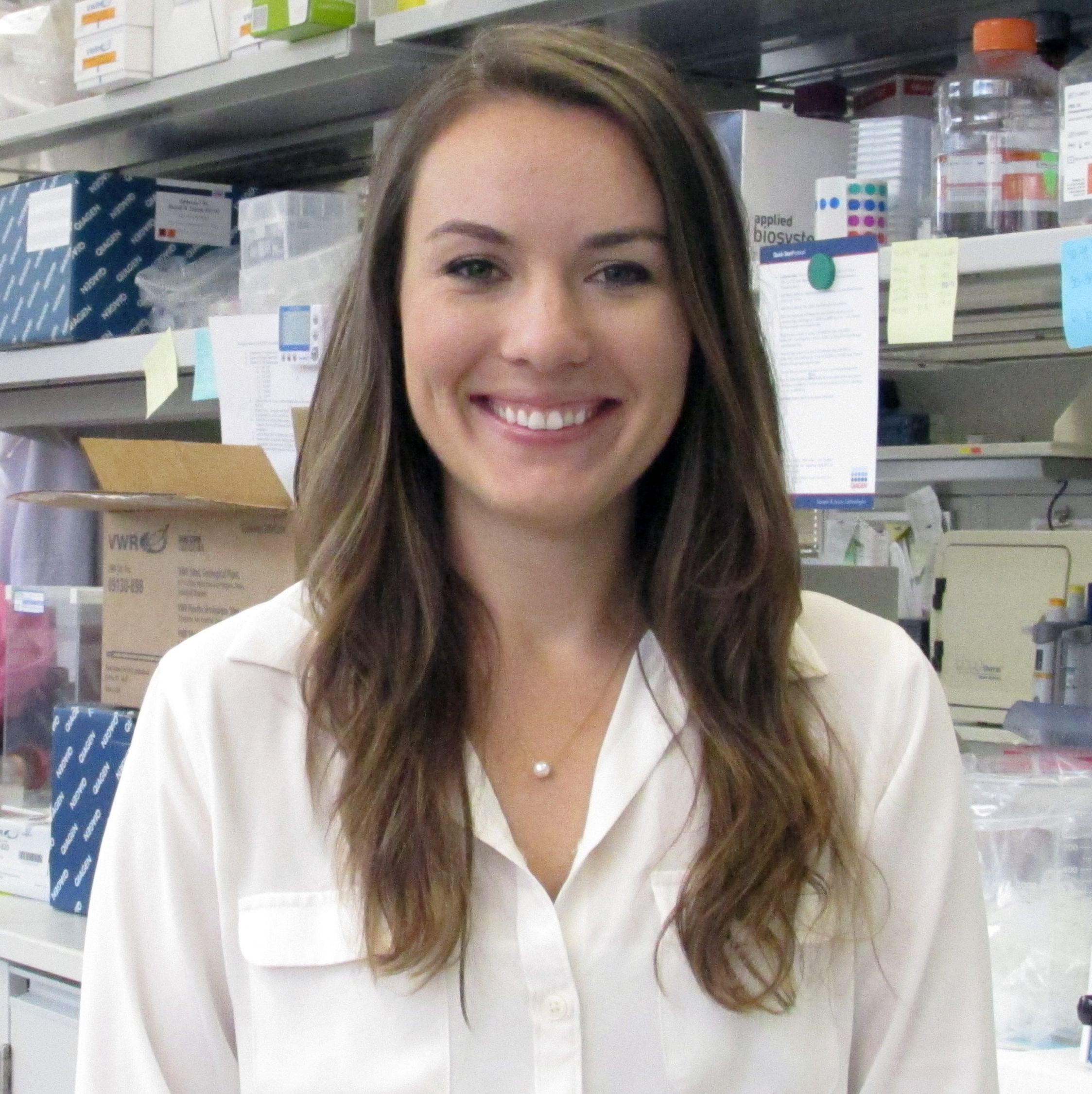
Advanced Immunotechnologies and Vaccine Formulations
Lab director: Jeroen Pollet, Ph.D.
Aims to explore and advance vaccine technologies to develop novel and improved vaccine solutions.

Human Parasitology
Lab director: Rojelio Mejia, M.D.
Dedicated to using modern molecular methods to detect parasitic infections in patients.

Immunoparasitology
Lab director: Jill Weatherhead, M.D., Ph.D.
Aims to dissect the complex relationship between parasites and the host immune response.

Infectious Disease Epidemiology
Lab director: Sarah Gunter, Ph.D
A basic science and translational lab working in the intersection of public health and infection diseases, with a focus on vector studies and awareness.

Translational Virology
Lab director: Shannon Ronca, Ph.D.
Dedicated to improving understanding of pathogenesis and treatment of high-risk viral pathogens.

Vector Biology and Microbial Pathogenesis
Lab director: Job Lopez Ph.D.
Focuses on bacterial diseases such as relapsing fever spirochetes and the vectors that transmit them including Ornithodoros ticks.








